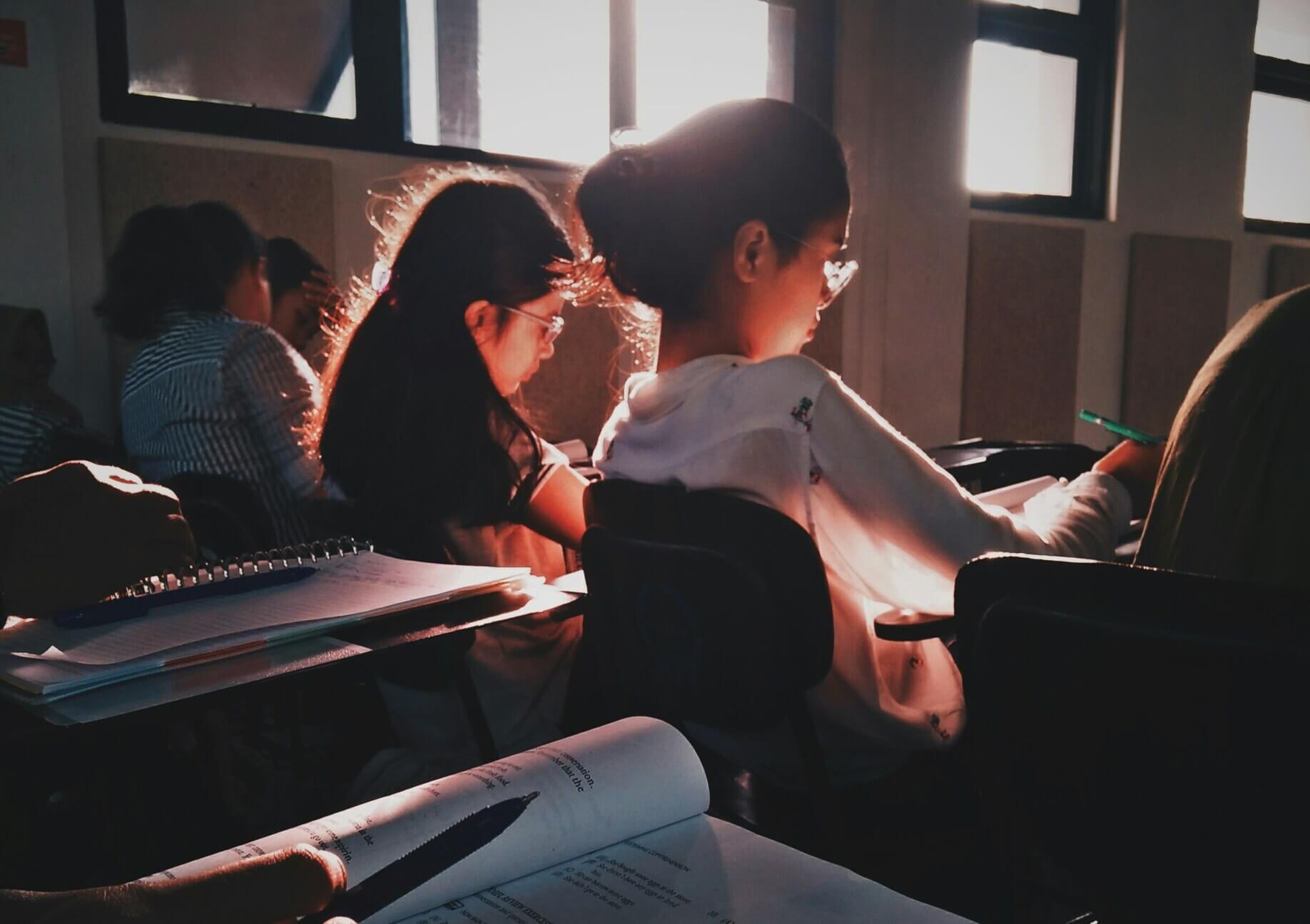Are students unintentionally self-sabotaging their studies? Maybe. And we understand why: the pressure to perform and stress level of college students can reach overwhelming heights.
Though it may seem counter-intuitive, prioritizing self-care can help combat these unhealthy and unproductive habits and, ultimately, improve your study session success. Taking care of yourself is the key to doing your best when it matters most, and we’ve highlighted the areas in which most students can improve upon.
The Importance of Sleep
According to Medical News Today, “stress about school and life keeps 68 percent of students awake at night — 20 percent of them at least once a week.” The same study also found that “more than 60 percent of college students have disturbed sleep-wake patterns and many take drugs and alcohol regularly to help them do one or the other.” Add final exams into the stressful mix, and you’ve got a recipe for a panic attack and poor grades.
And we know it’s true. We’ve all heard (and even joked!) about the college all-nighter. Many of us have done it. But are the all-nighter cram sessions harming you more than helping? The short answer is yes.
According to a recent sleep study, the all-nighter is not all its cracked up to be. It may sound like the best way to accomplish tasks, but staying up all night to study causes sleep deprivation, which slows your thinking and reduces your ability to focus: the exact opposite of what you want from a study session!
Recharge Your Brain
The same holds true for taking breaks from studying. It’s beneficial to incorporate mental breaks, and time to recharge your brain and body. Students can push themselves to the edge of exhaustion, ultimately not even grasping concepts they are so desperate to remember due to their brains and bodies reaching a breaking point.
Listening to your body is vital. If it’s telling you you’re done, forcing yourself to go on won’t be beneficial. In fact, it’s much more effective to recognize the signs of burnout, get some rest and return to your studies in the morning.
Refuel Your Body
Diet, hydration and exercise are also crucial when prioritizing self-care.
Mental Health First Aid notes that a “nutritious, balanced diet can help you think clearly and improve your attention span,” which are all desirable attributes in a study session.
Additionally, considering that the brain is 73% water, staying hydrated is essential for healthy brain functioning. Incorporating water intake into your routine can aid in maintaining focus and cognitive function during intense study sessions.
Release Stress
Exercise is essential to releasing stress. Why does it help? According to the Mayo Clinic, it releases endorphins, reduces the negative effects of stress, is meditation in motion and improves your mood. Engaging in physical activity not only provides a break from studying, but also rejuvenates both the body and mind, allowing for greater focus and productivity when returning to academic tasks.
In the intense whirlwind of final exams season, it's easy to neglect self-care in favor of relentless studying that pushes your mind and body to its limits. However, as we've explored, prioritizing self-care isn't just about indulgence — it's about optimizing your mental and physical well-being to enhance your academic performance. Focusing on self-care not only helps you build resilience, but also prepares you to tackle exams with a clear mind and renewed energy.
As you navigate the challenges of finals season, please remember that self-care isn't selfish; it's essential.



